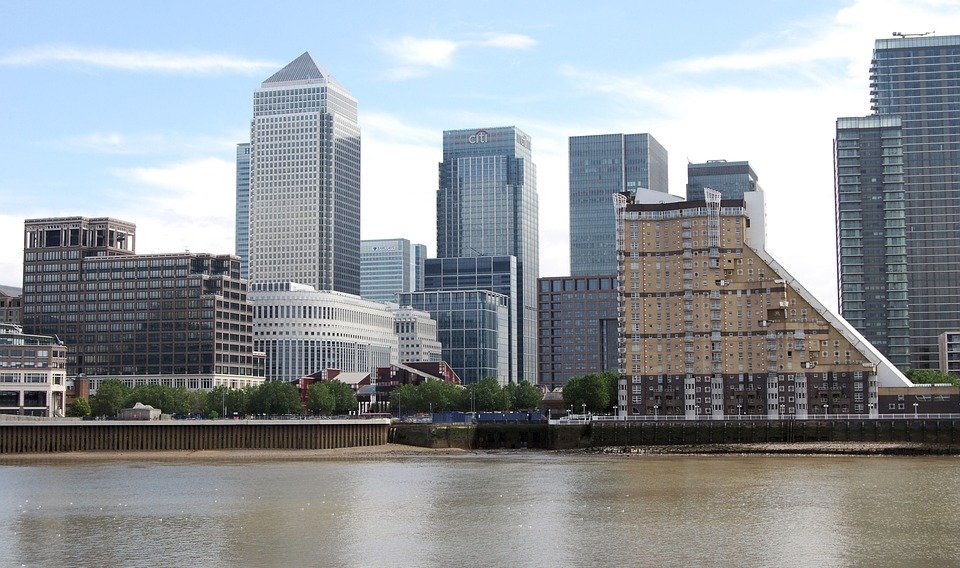Britain’s housing market slowed last month after the end of a temporary tax break on home purchases which had seen buyers rush to complete transactions in previous months, an industry survey has shown.
The Royal Institution of Chartered Surveyors’ monthly house price balance fell to -3 in April from March’s +2, its lowest reading since July 2024, while the number of sales agreed dropped by the most since August 2023.
“Although geopolitical developments haven’t helped the mood music in the residential market over the past month, the main reason for the dip in the key RICS sales activity metrics lies in the expiry of the stamp duty holiday at the end of March,” RICS chief economist Simon Rubinsohn said.
The weak RICS reading chimed with a report from mortgage lender Nationwide last week that showed house prices sank by 0.6 per cent in April.
However, a survey from another lender, Halifax, pointed to a 0.3 per cent increase in house prices last month.
“The market continues to show resilience despite a subdued economic environment and risks from geopolitical developments,” said Halifax head of mortgages, Amanda Bryden.
US President Donald Trump announced wide-ranging import tariffs on April 2, leading to a temporary selloff in US government bonds that spilled over to British financial markets, briefly pushing 30-year British government bond yields to their highest since 1998.
RICS said its members expected lower interest rates to put upward pressure on house prices over the coming year though the immediate outlook remained soft.
Strong upward pressure was seen for rents, as fewer landlords let out properties while demand from tenants continued to climb.
“Even with the rise in the build to rent to sector the shortfall of affordable rental stock looks set to remain substantial,” Rubinsohn said.






Click here to change your cookie preferences